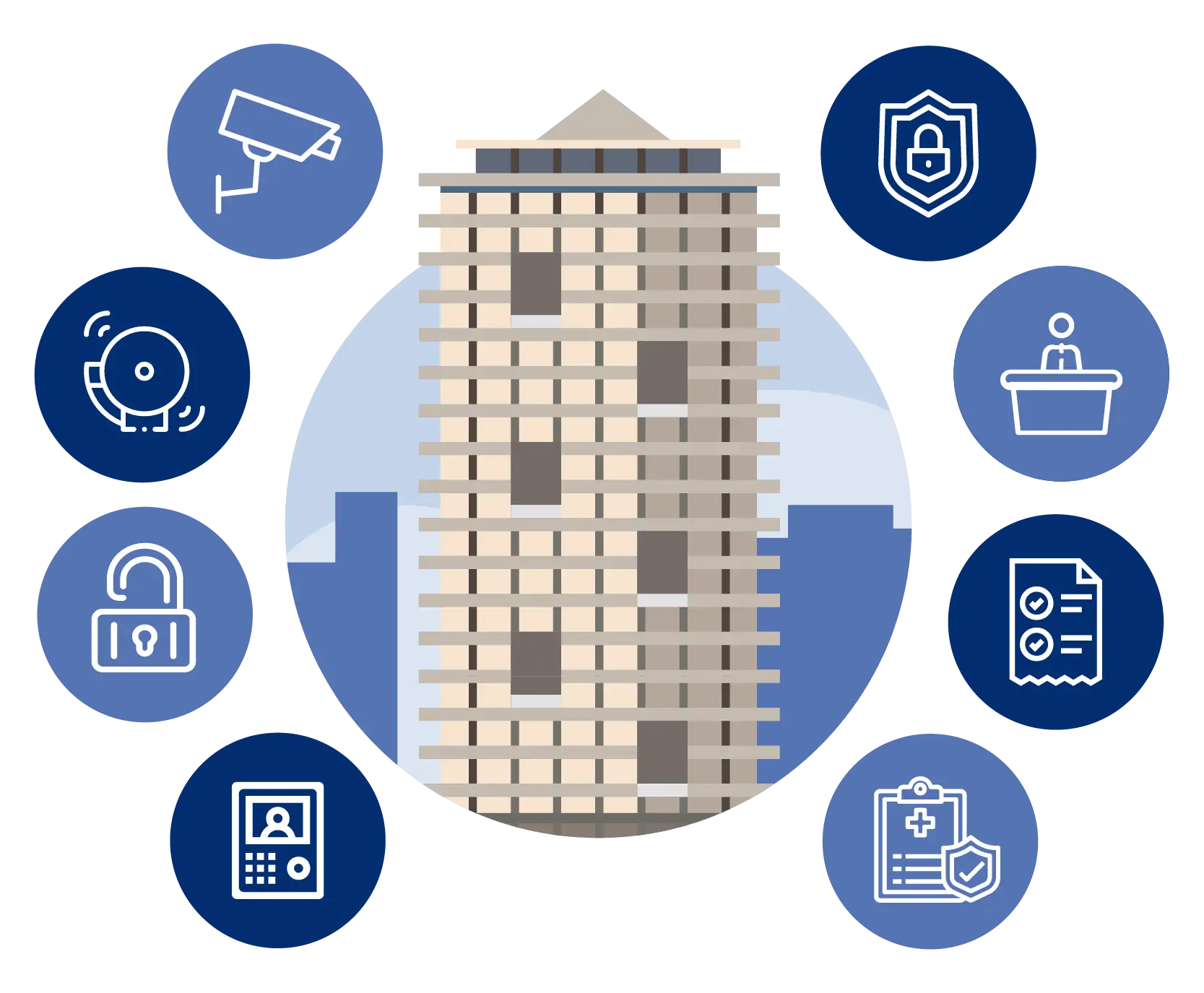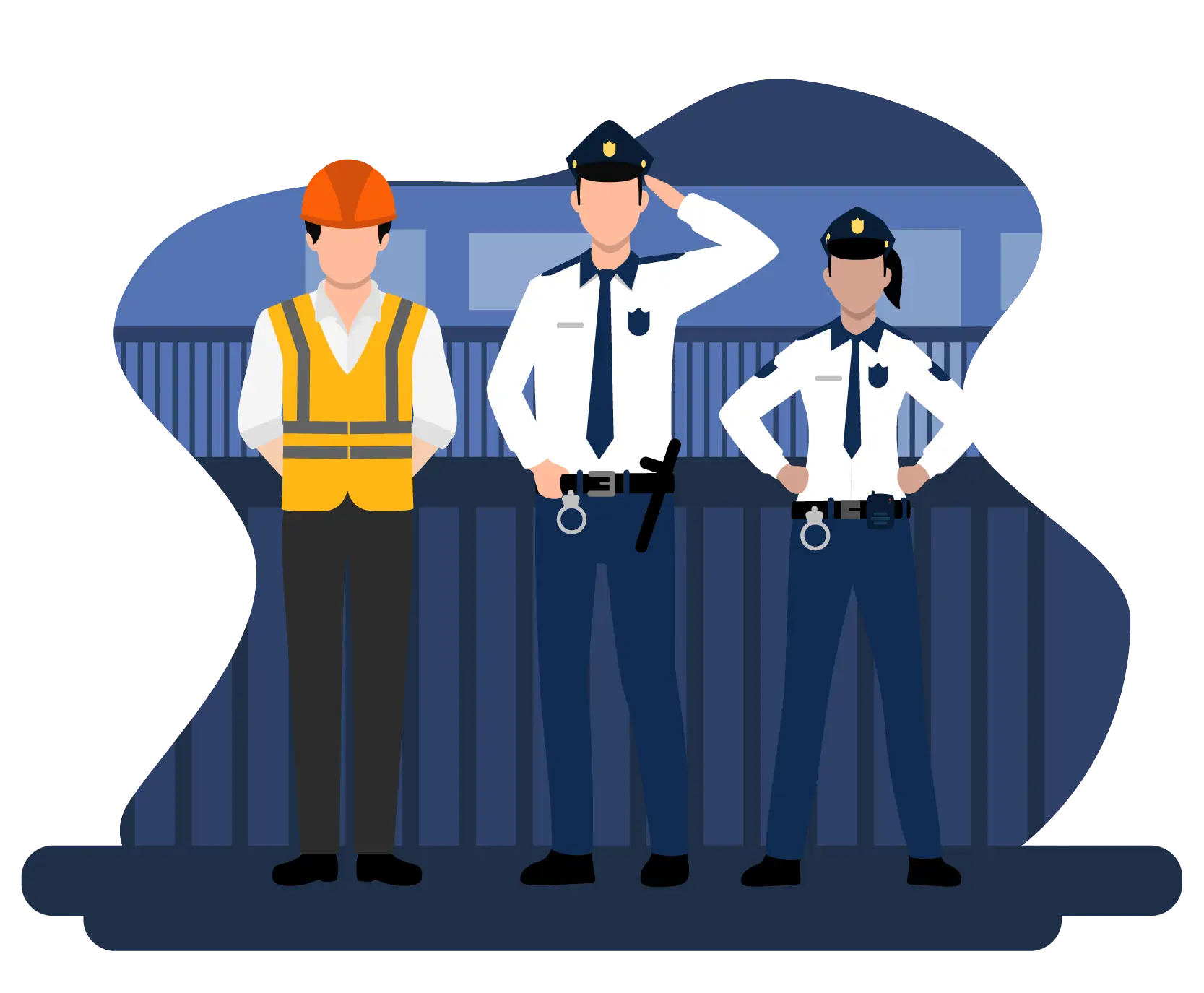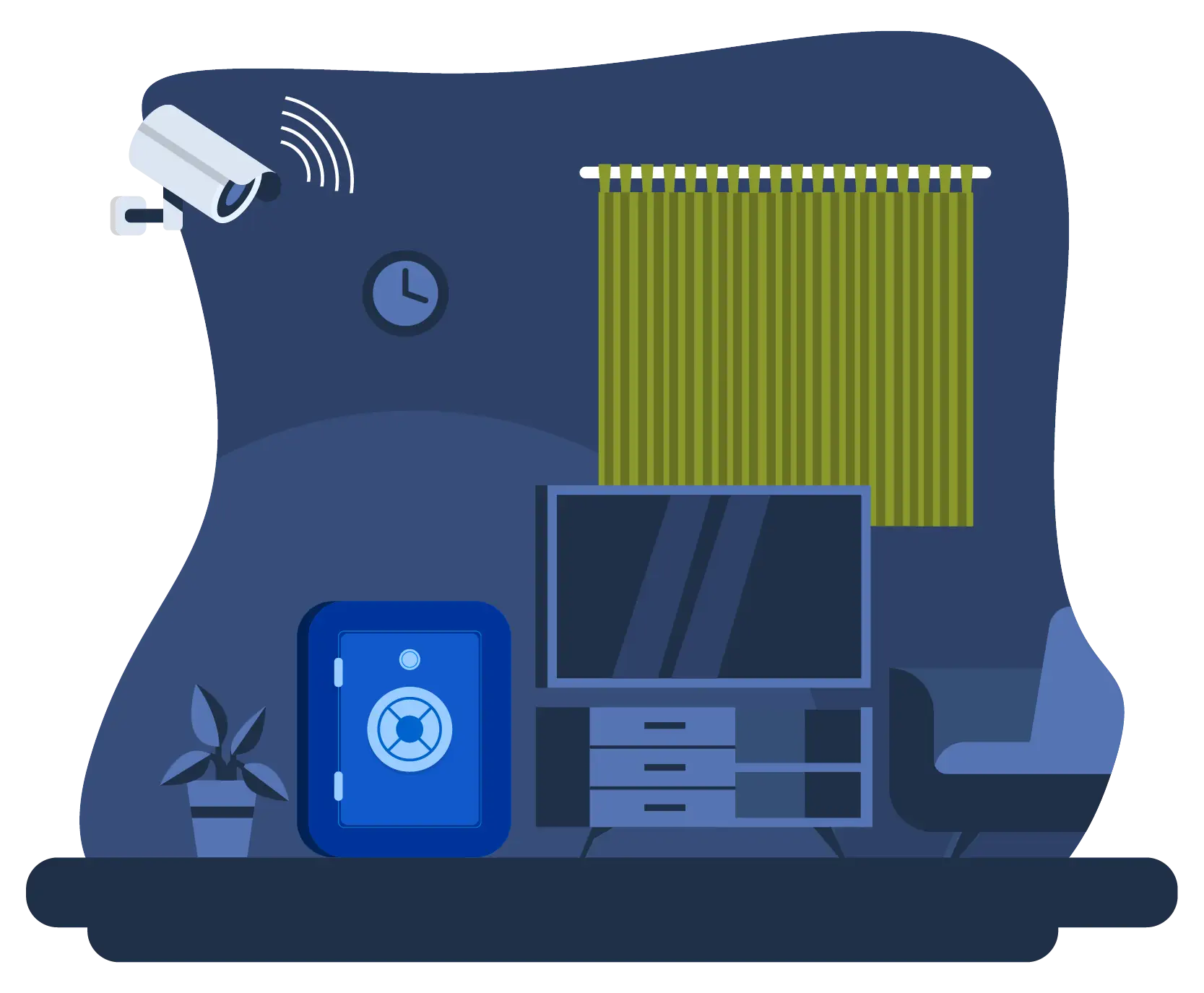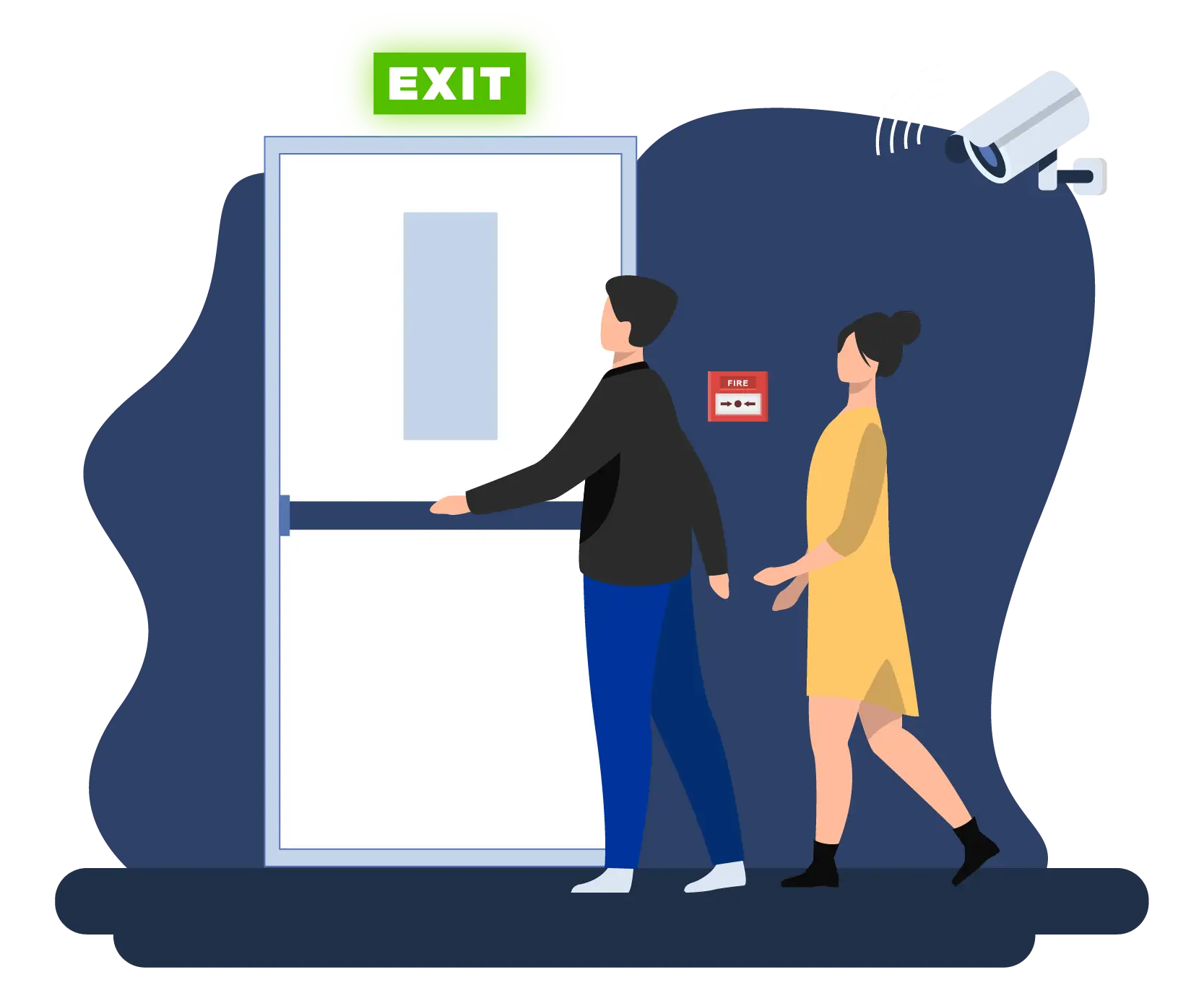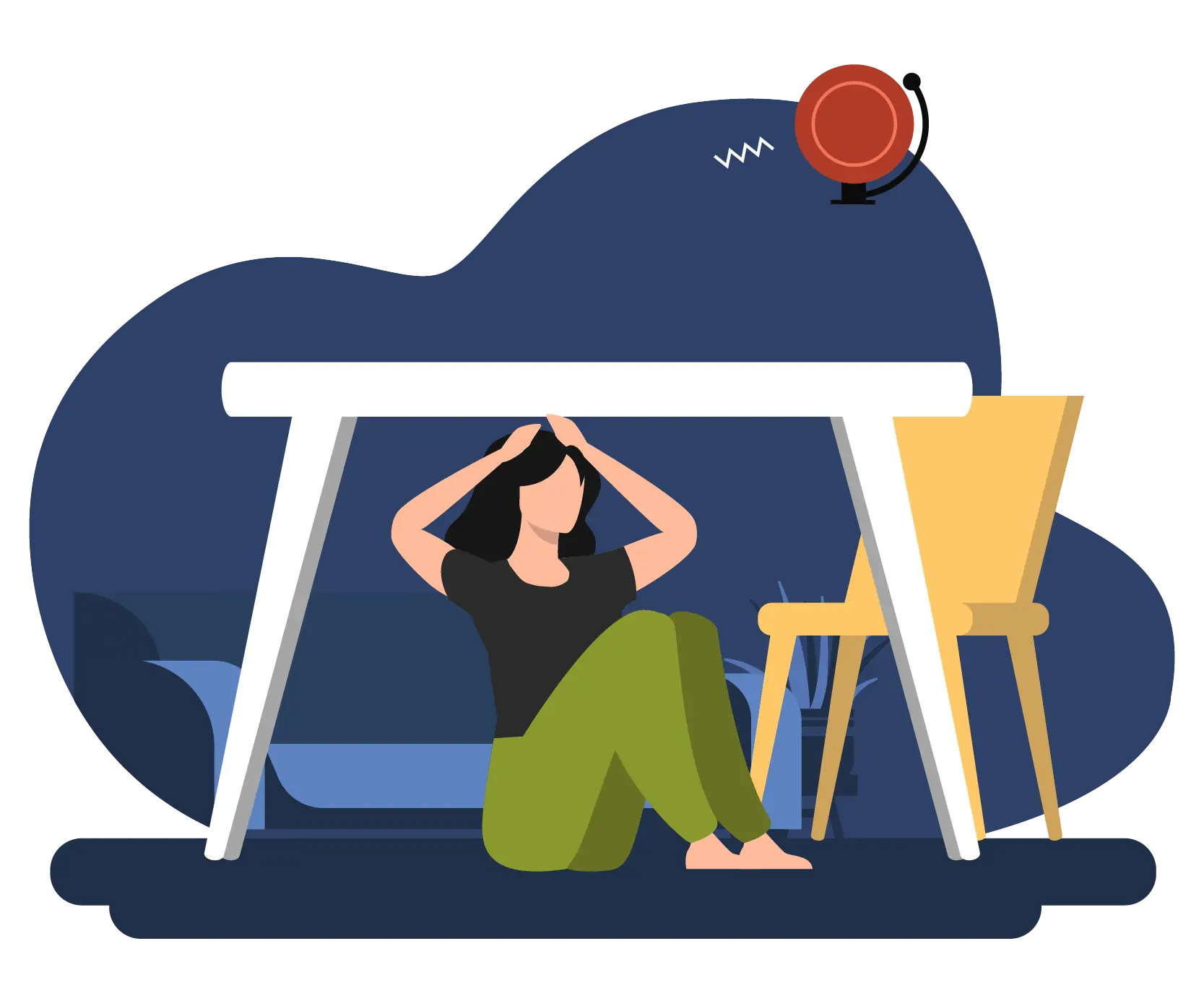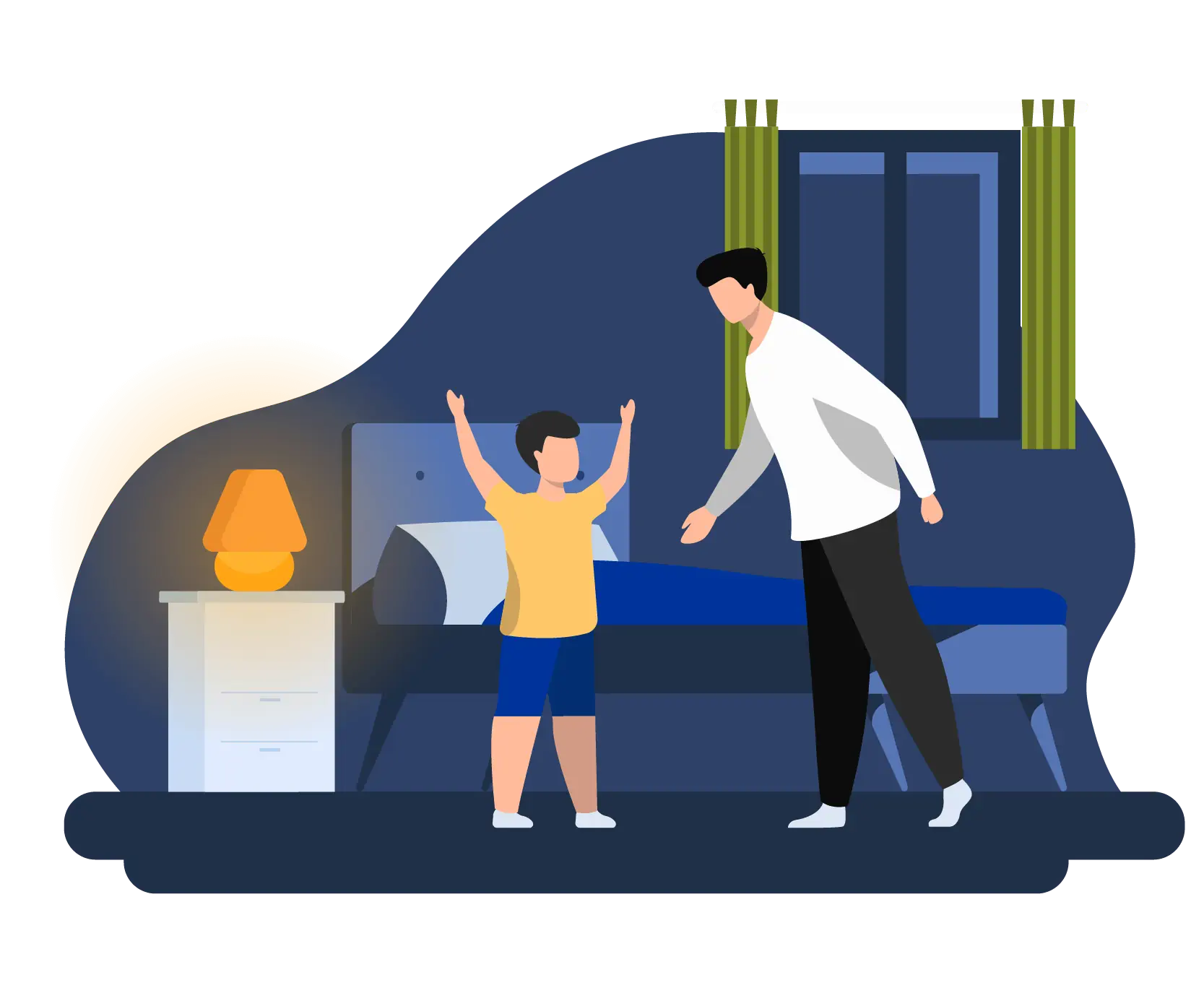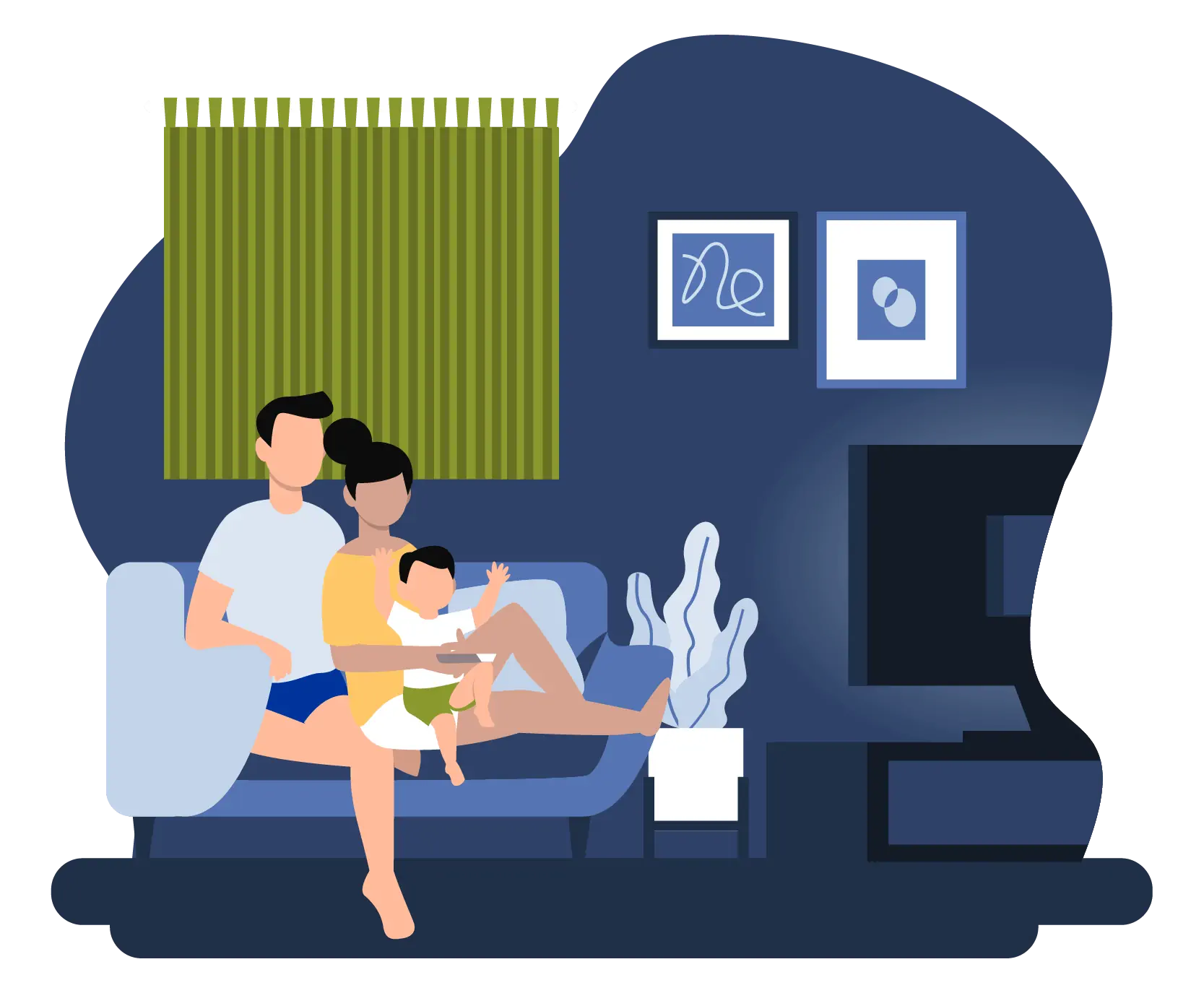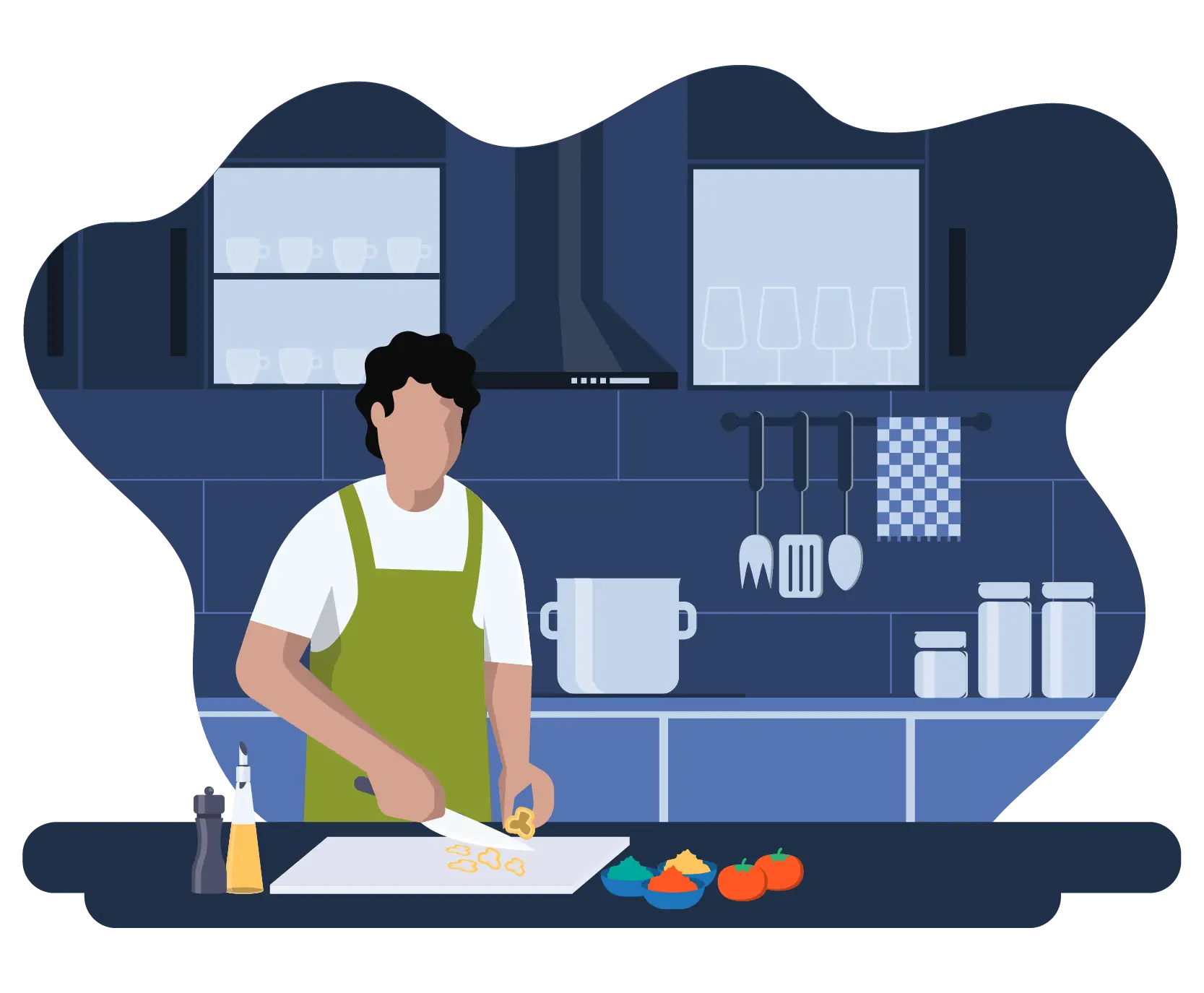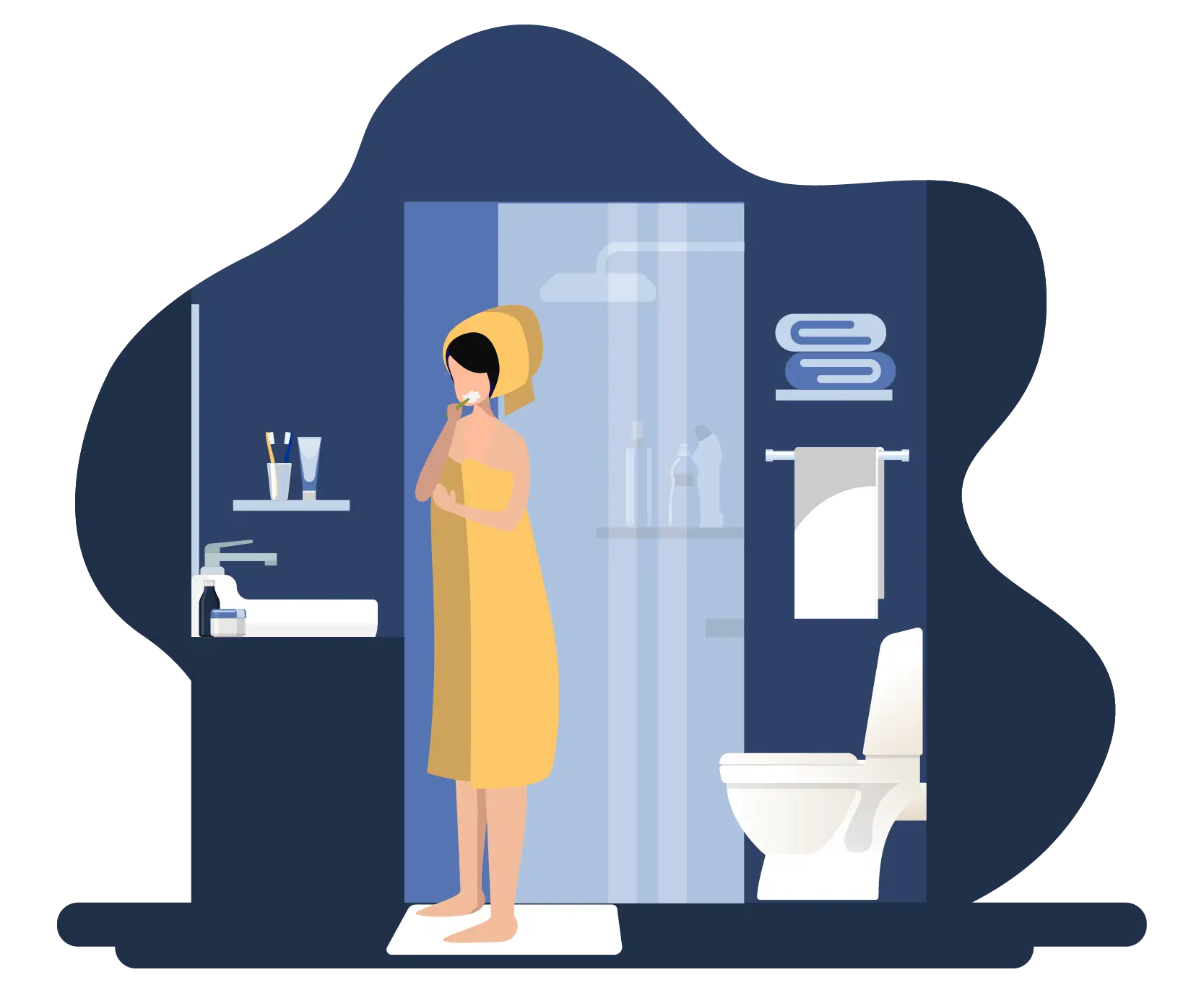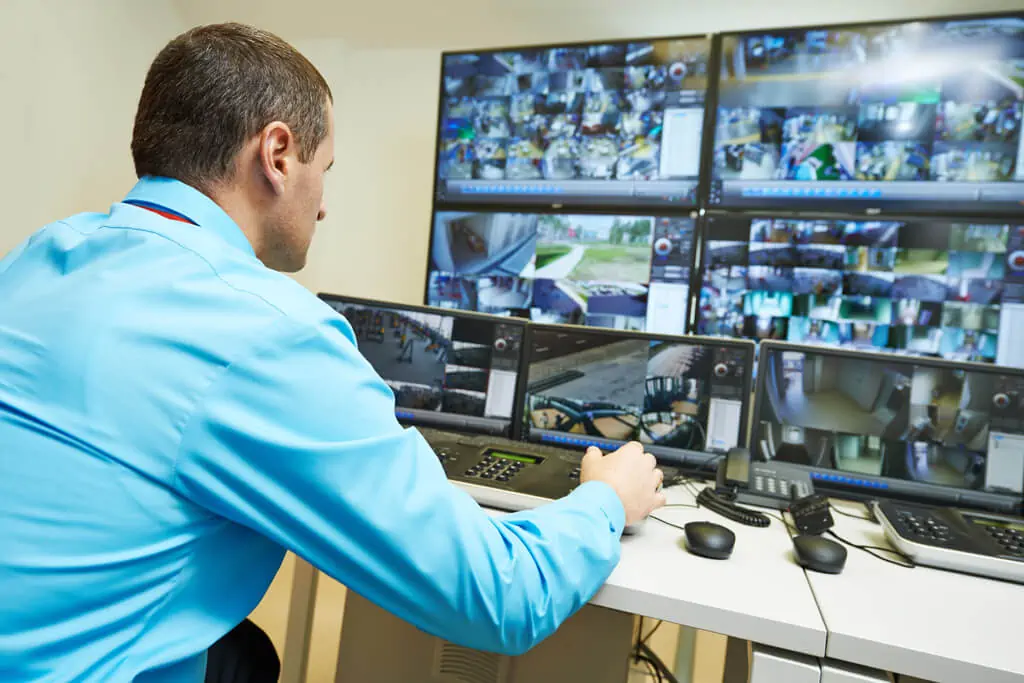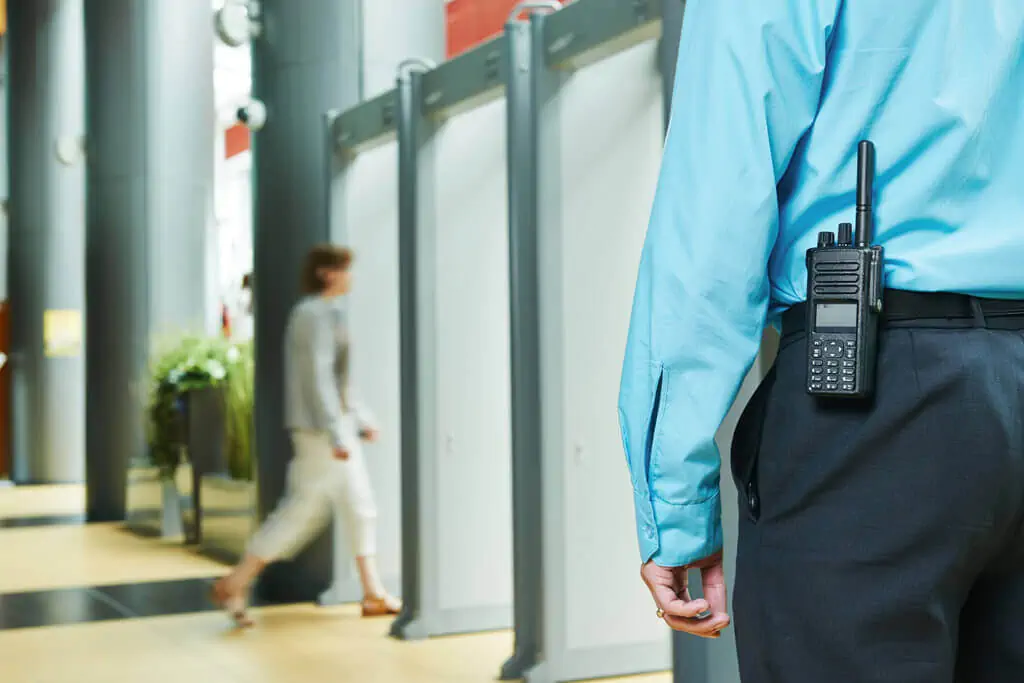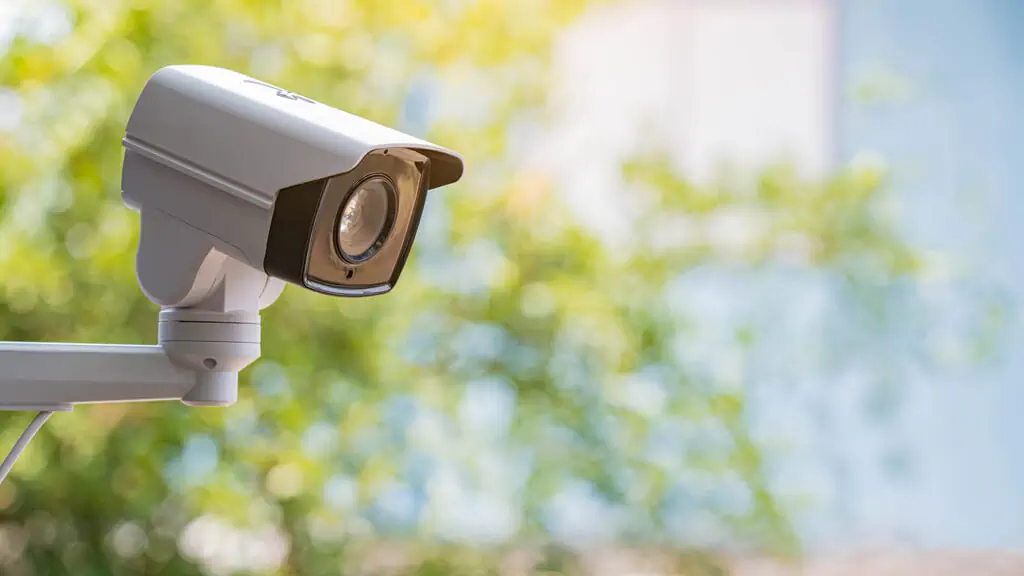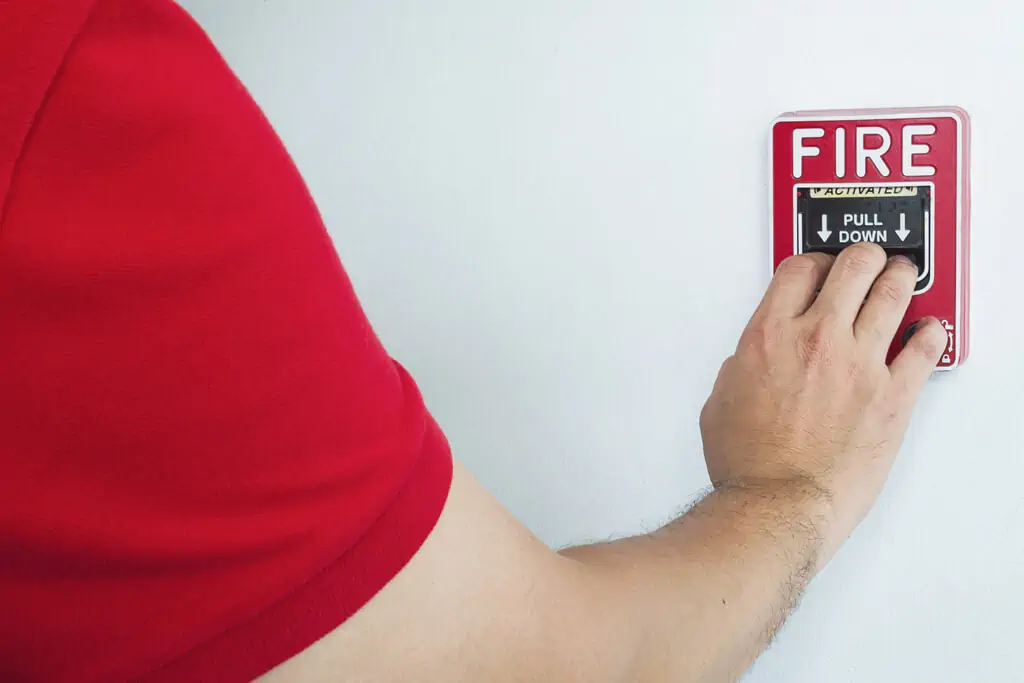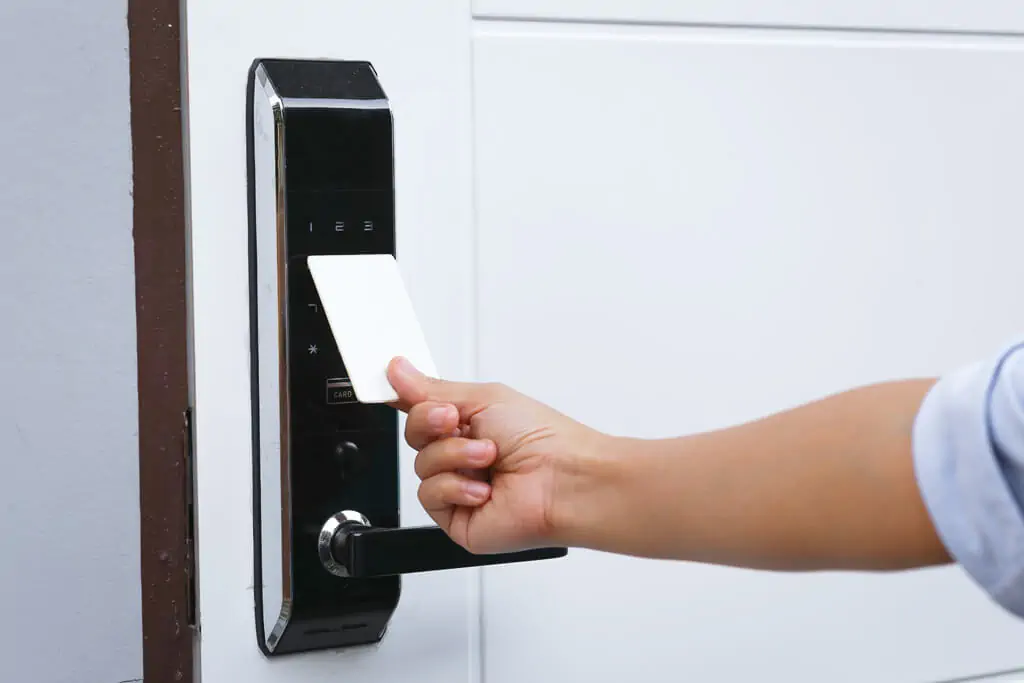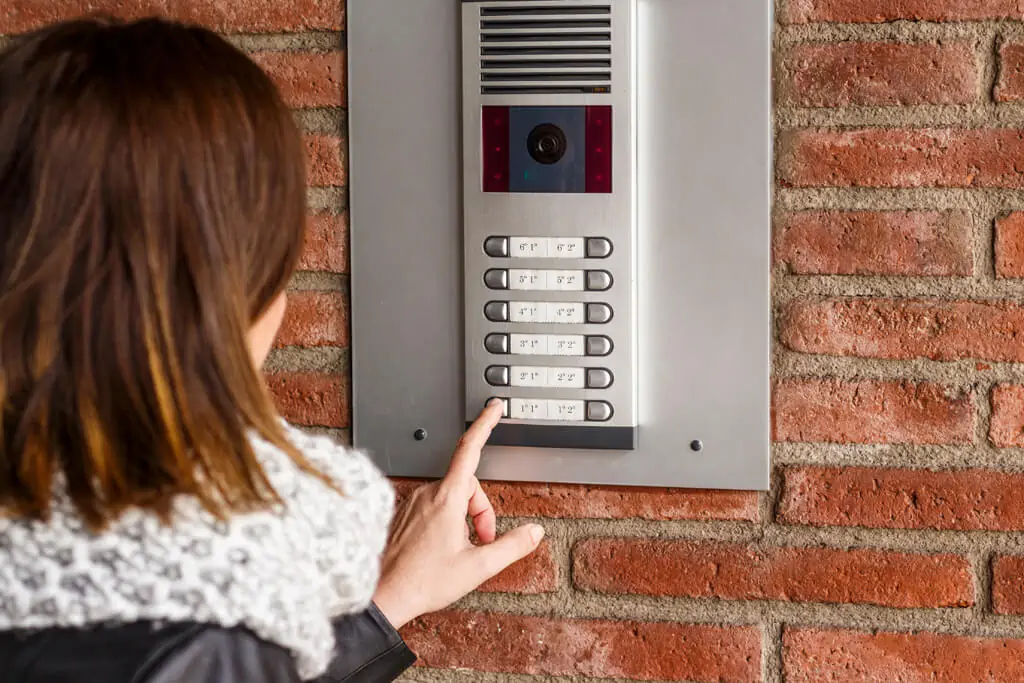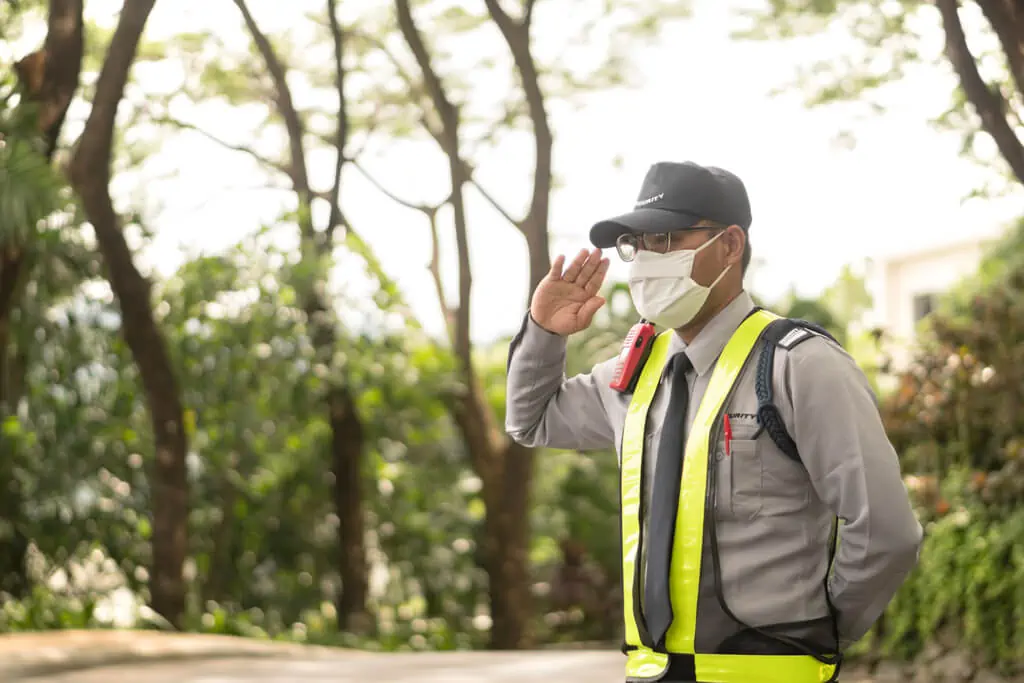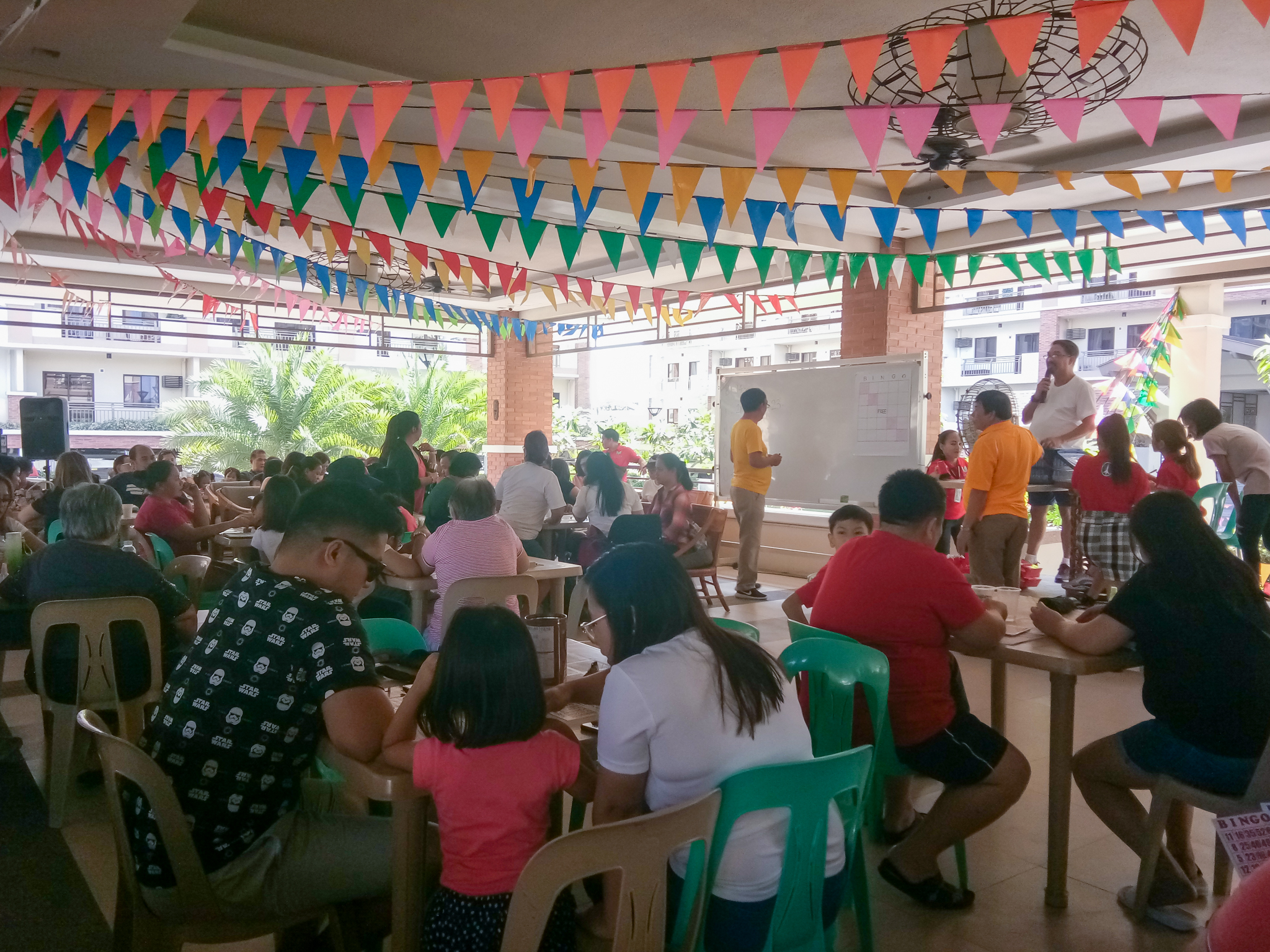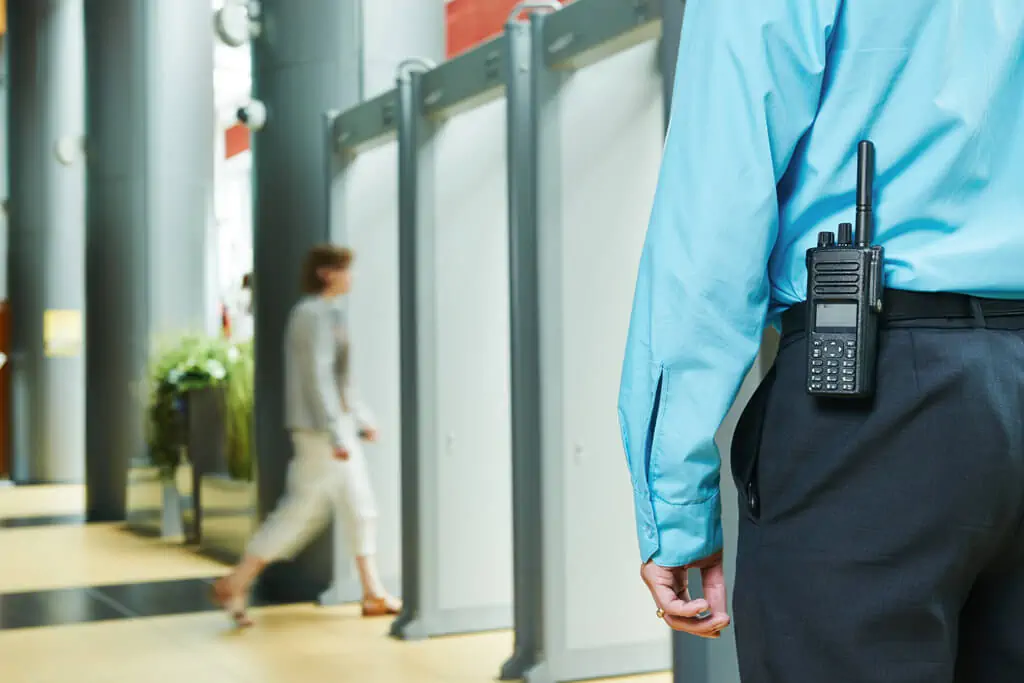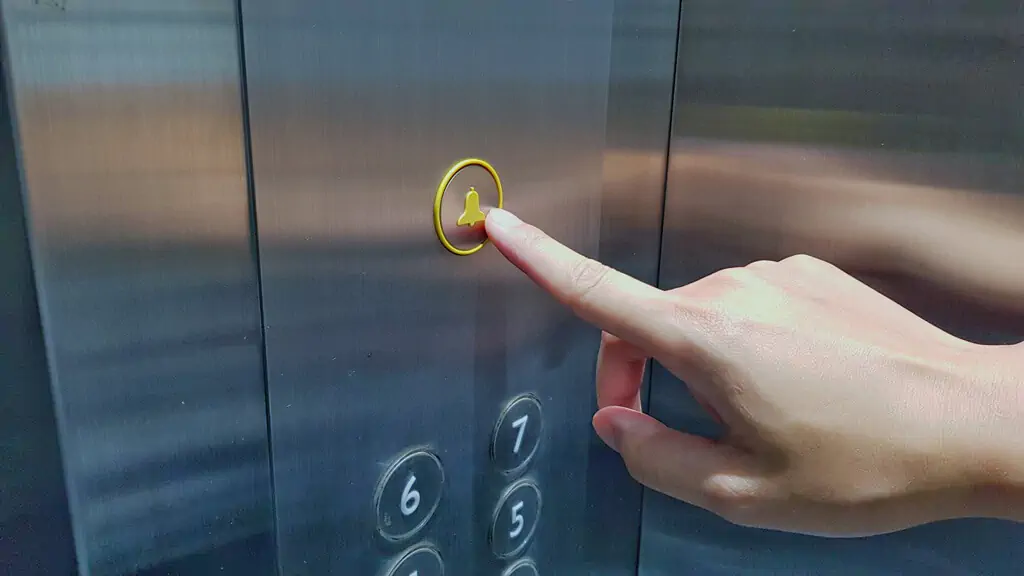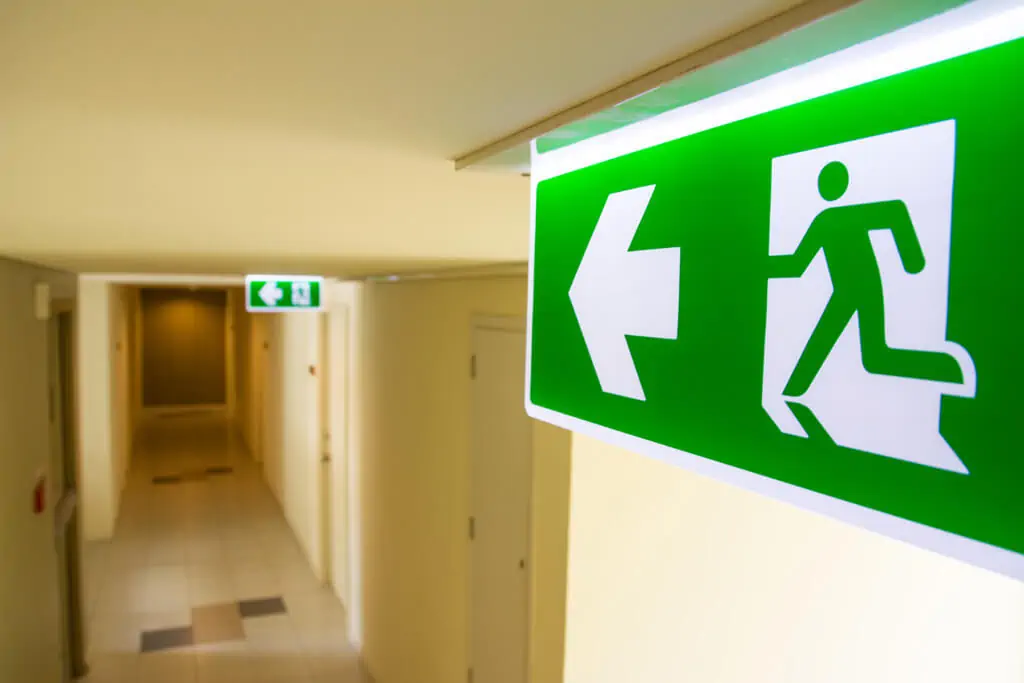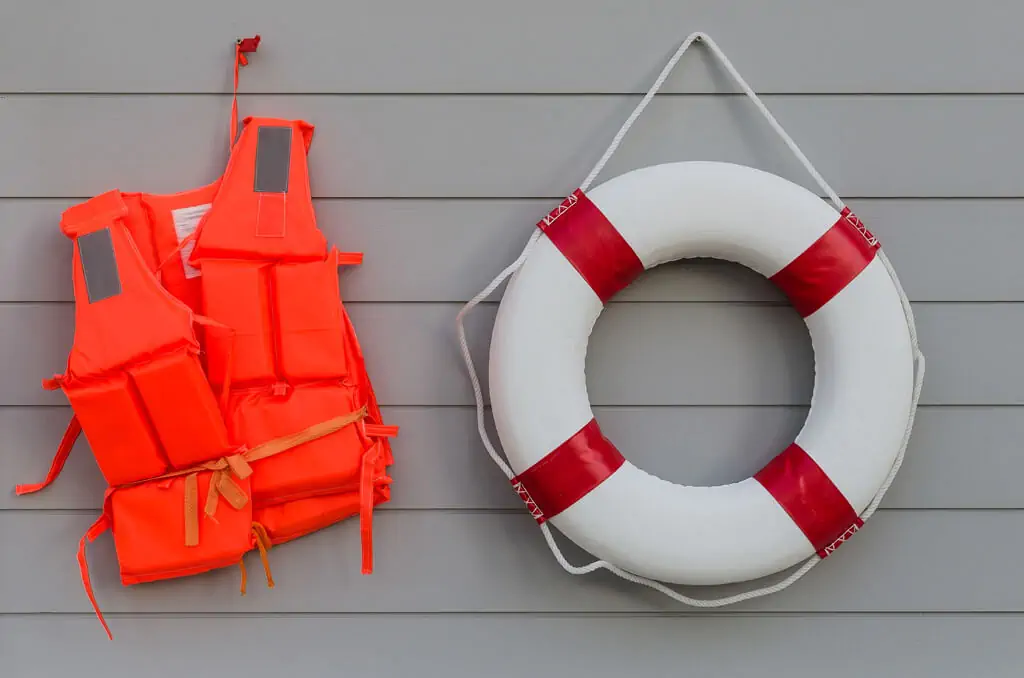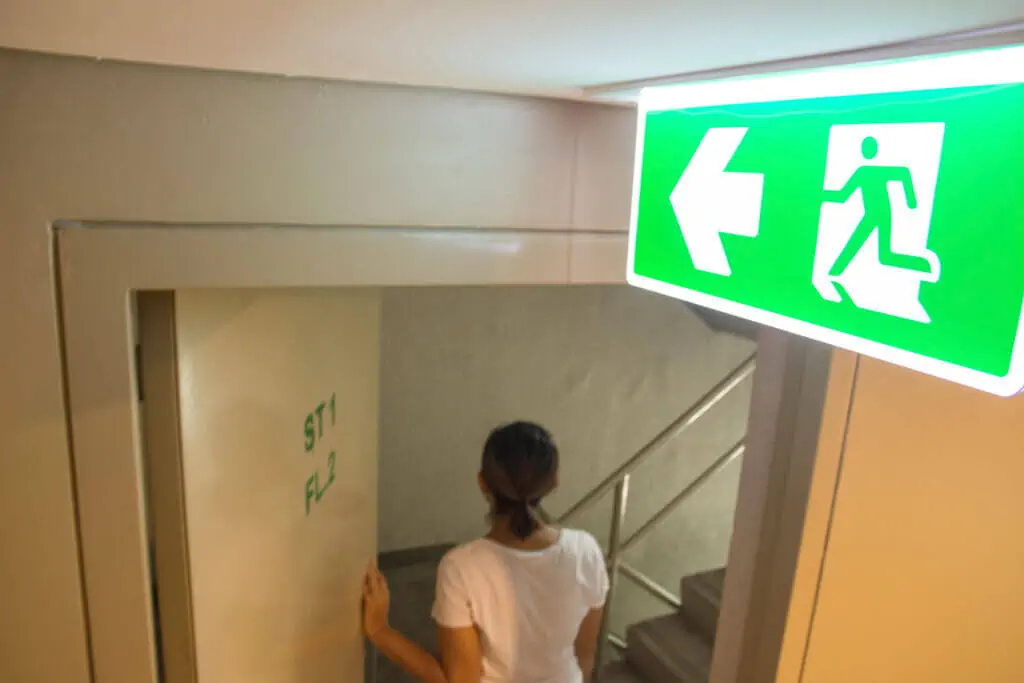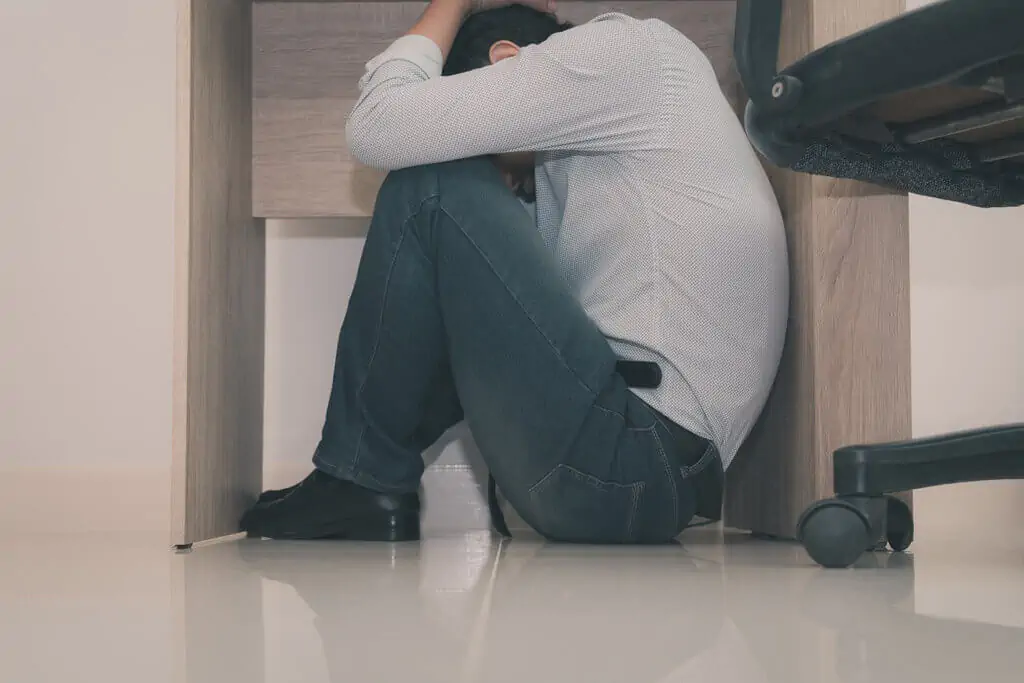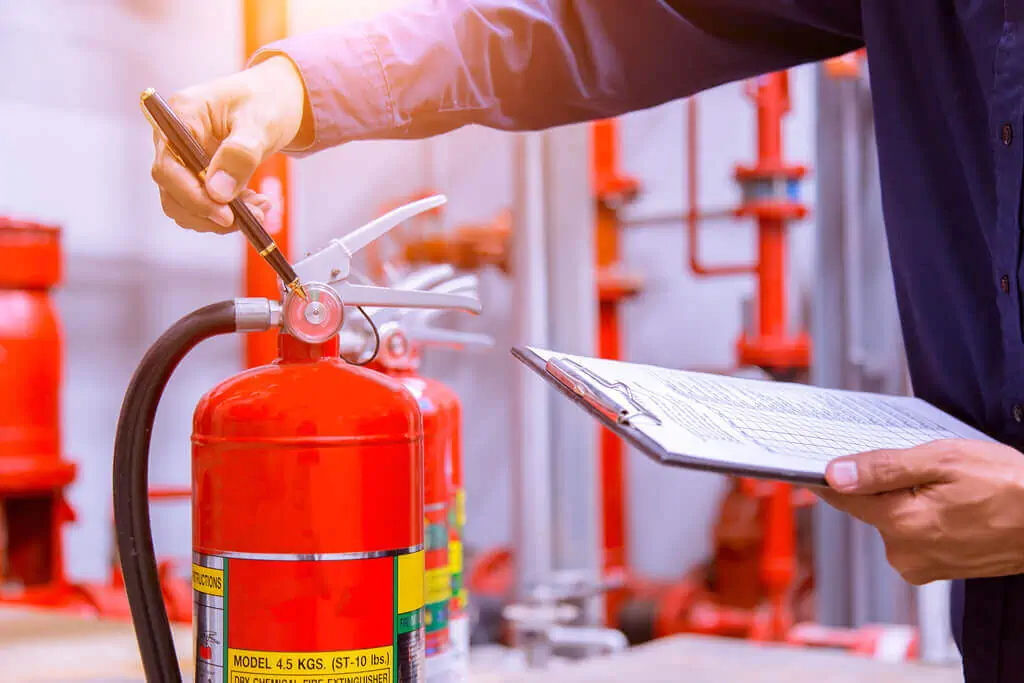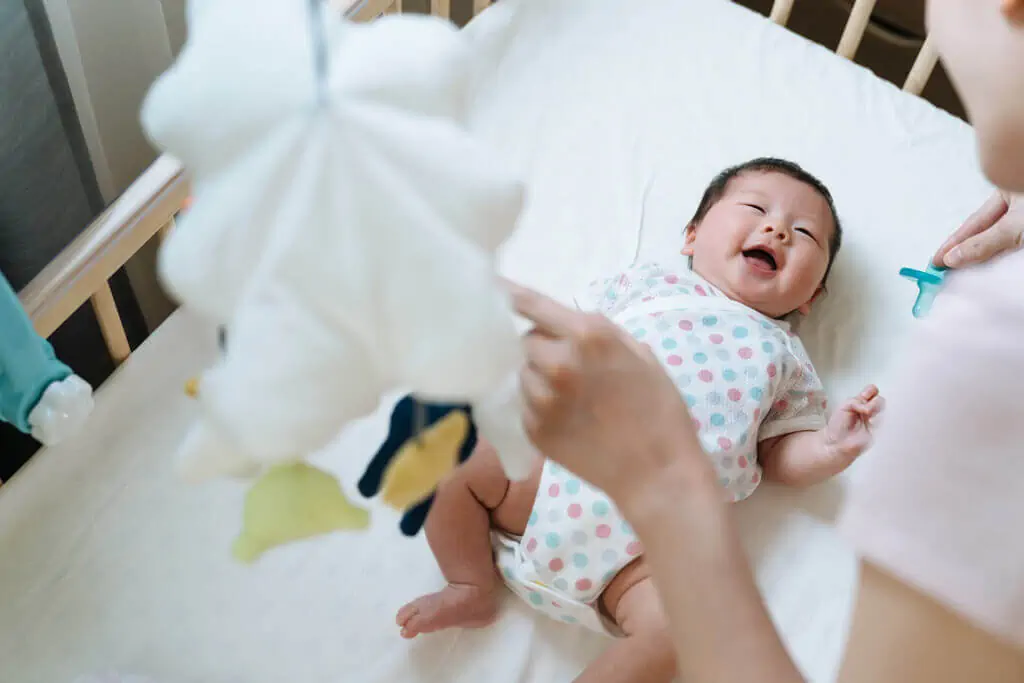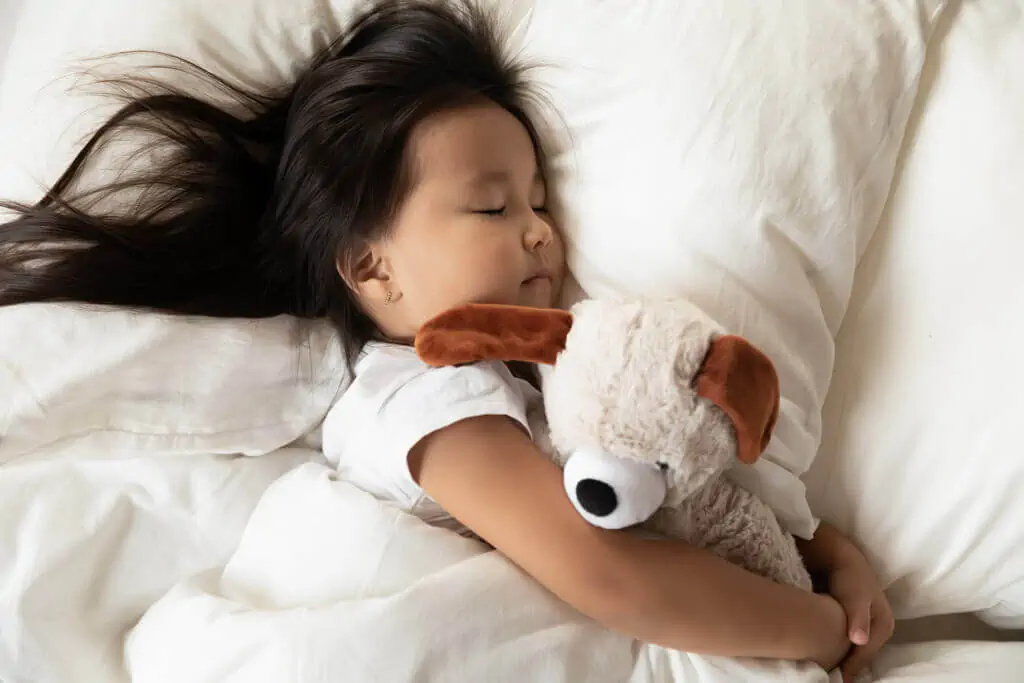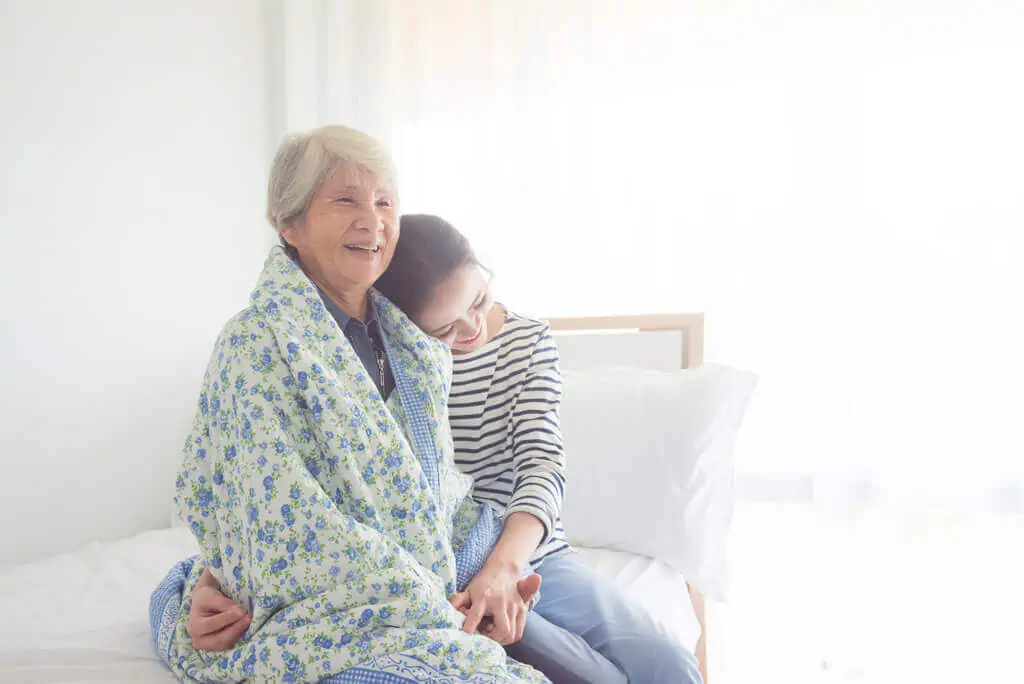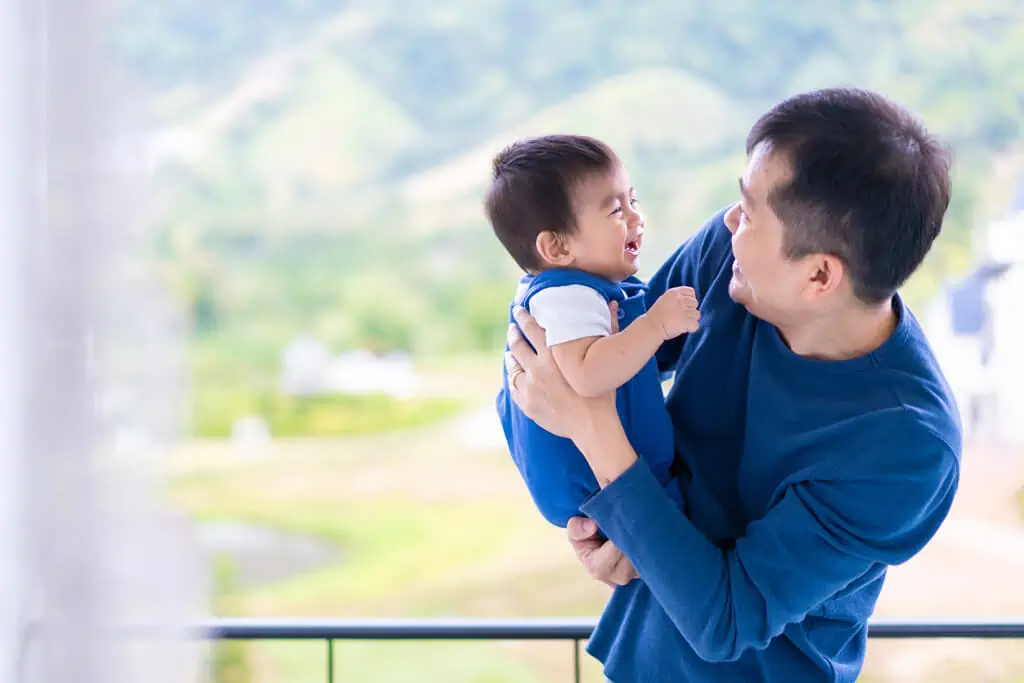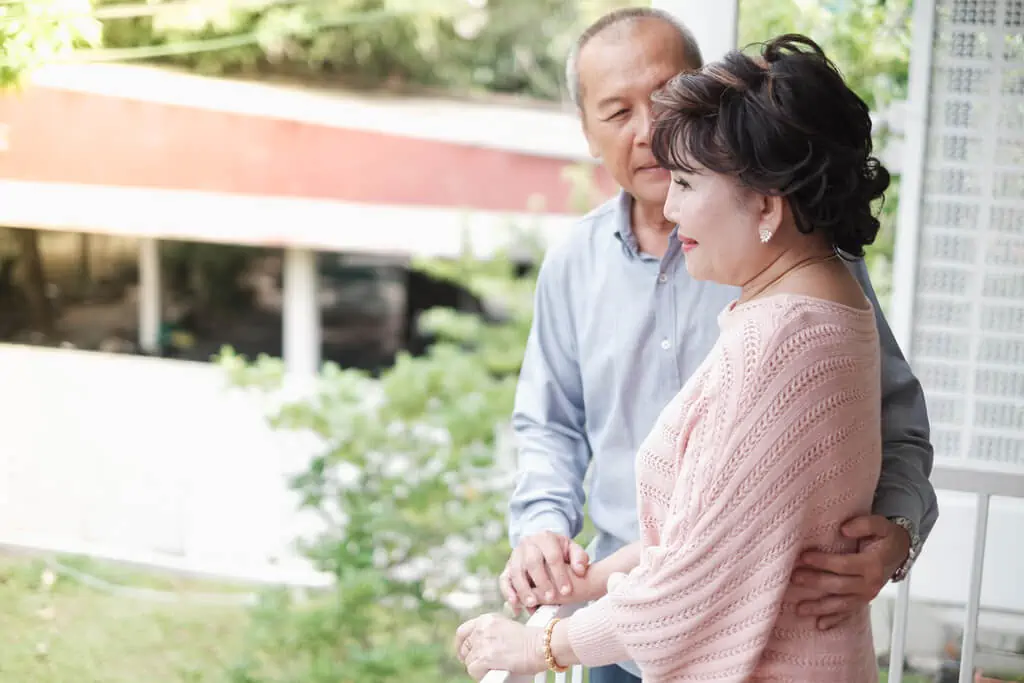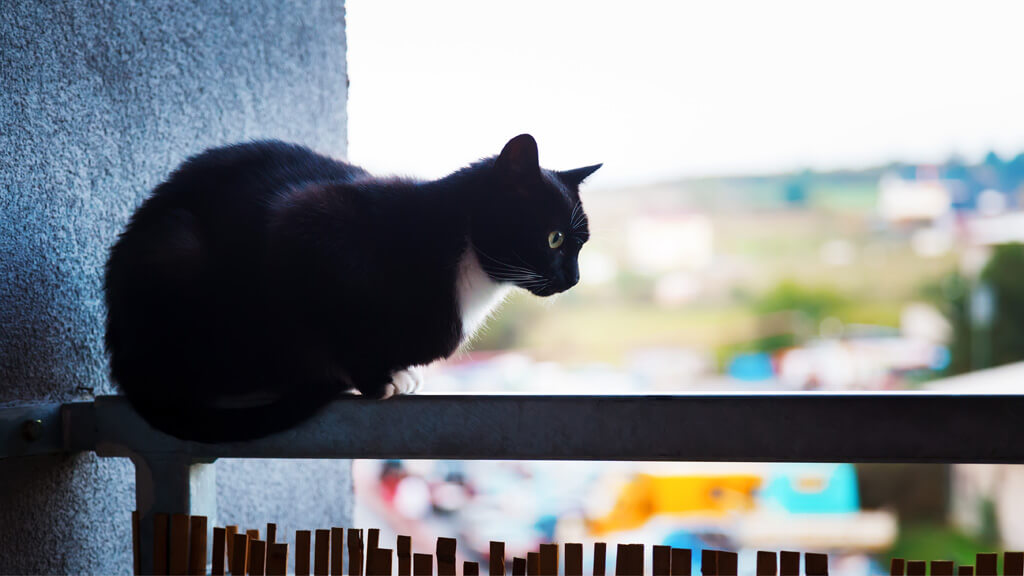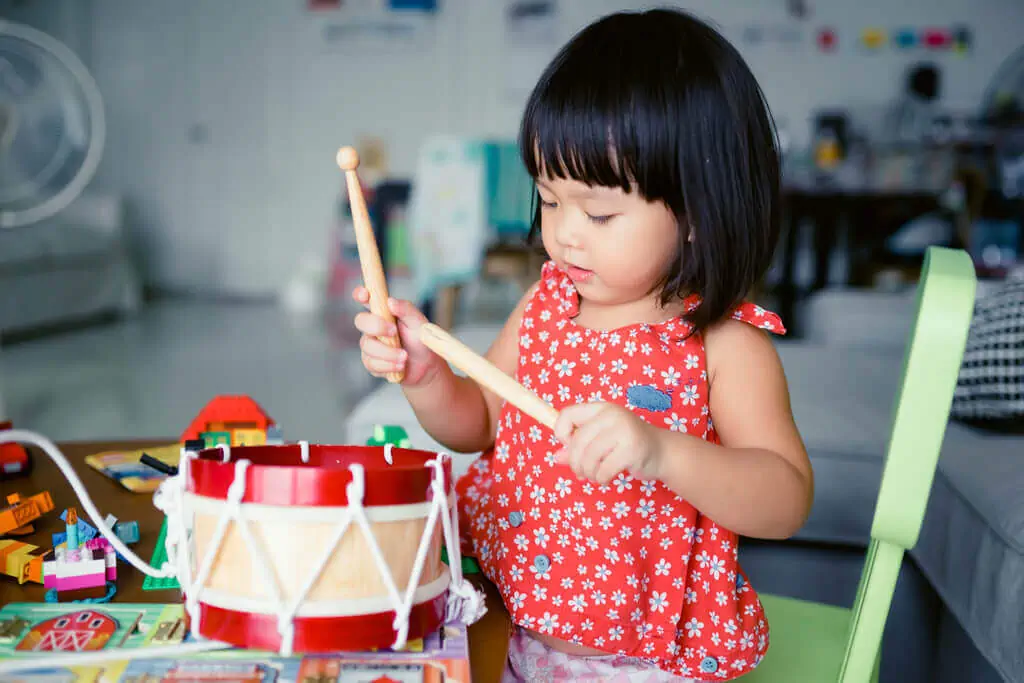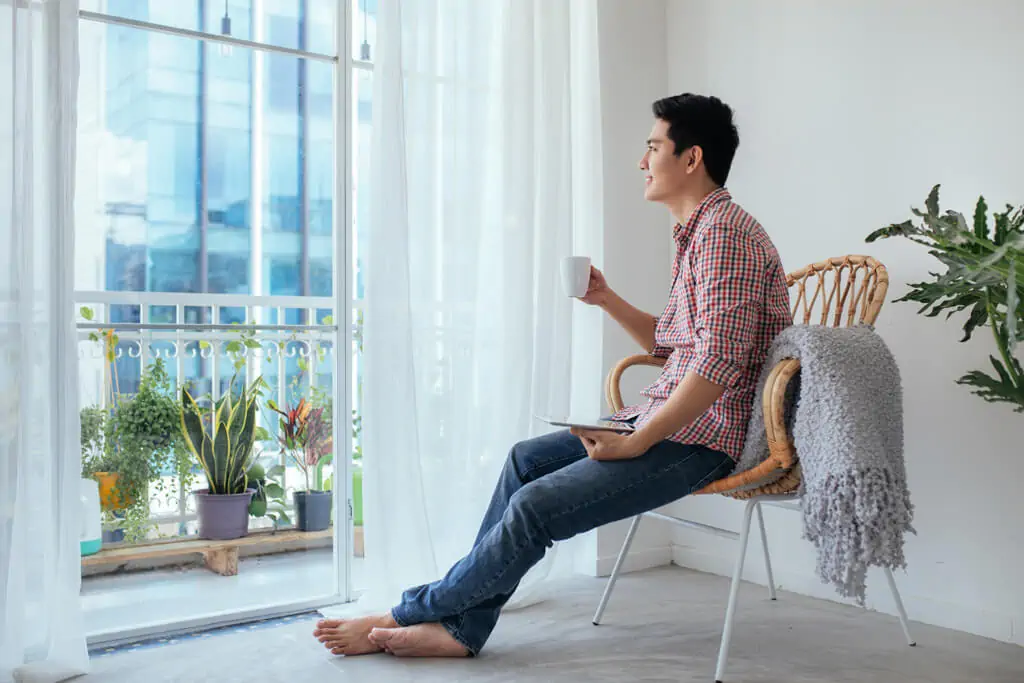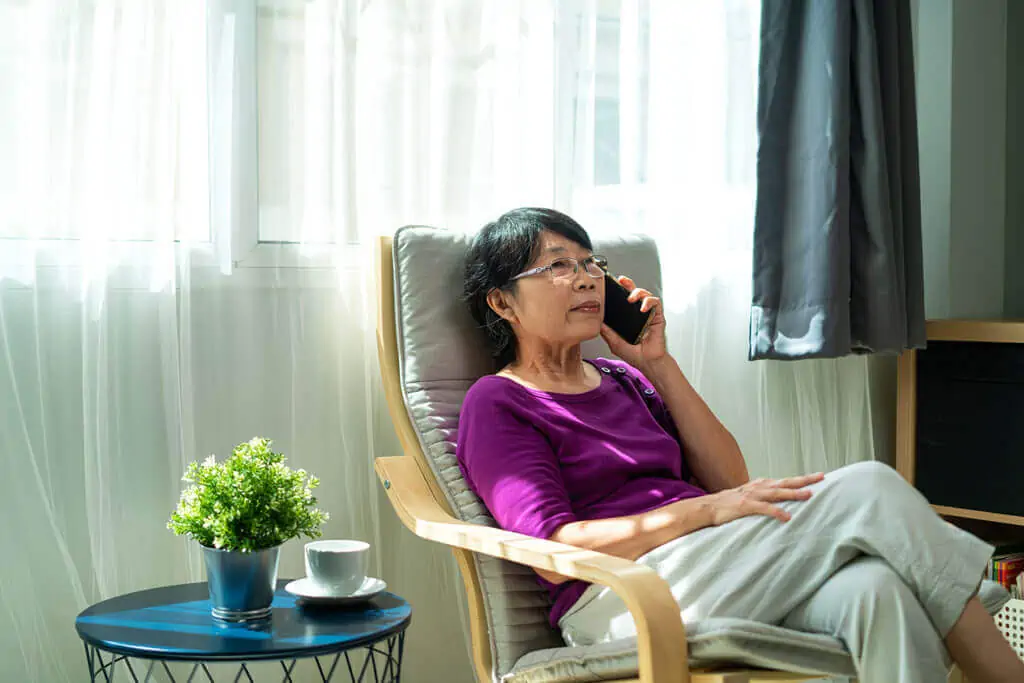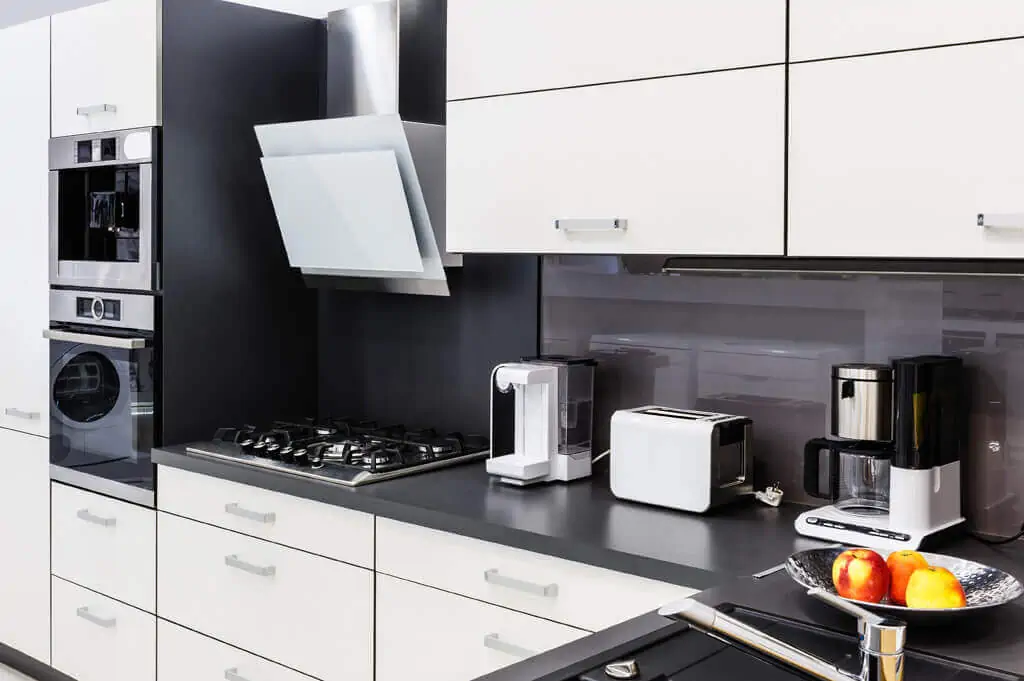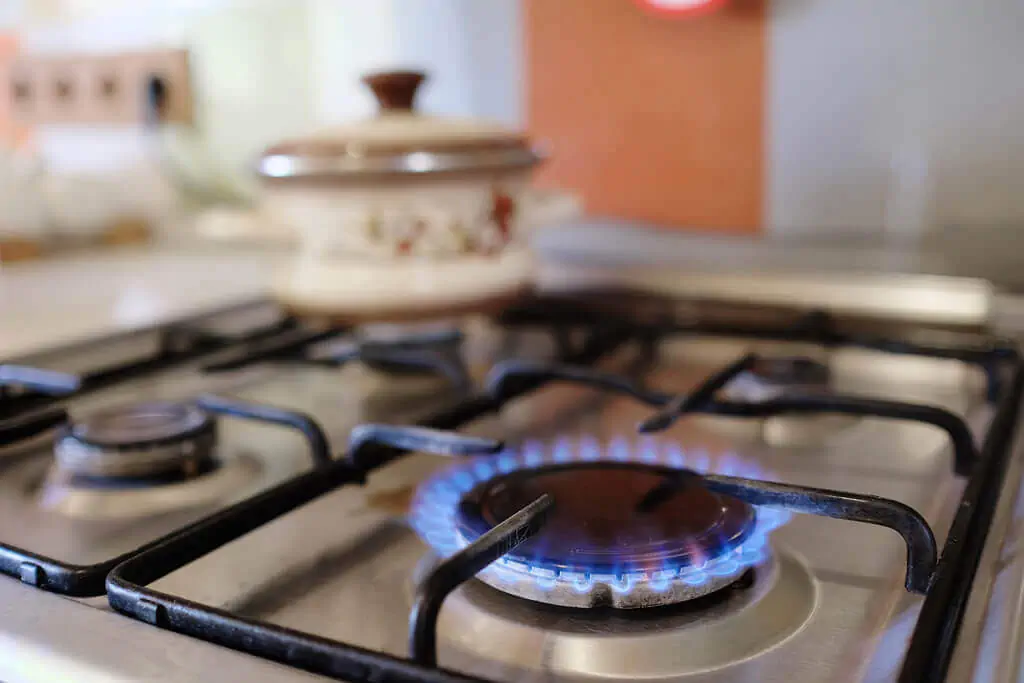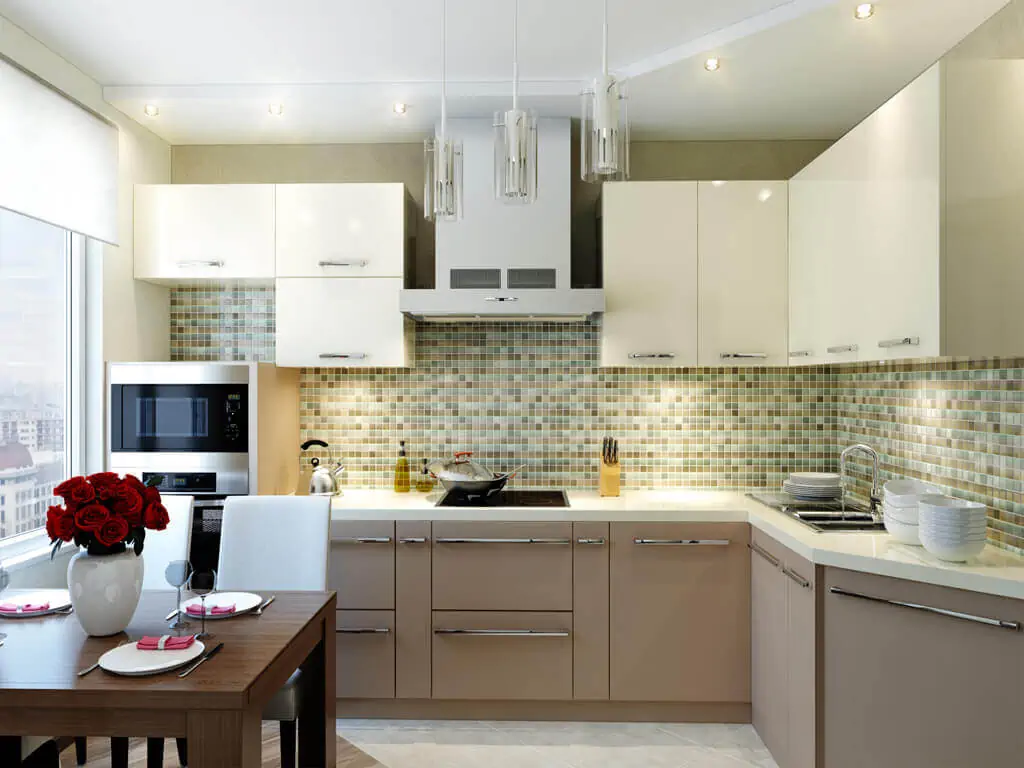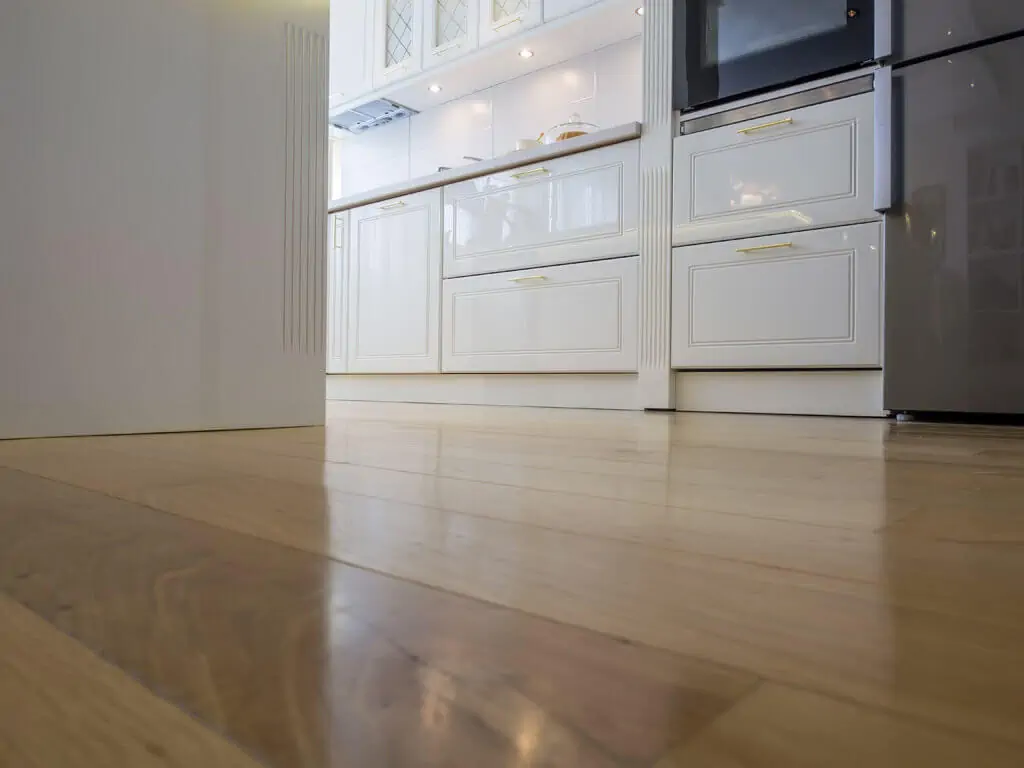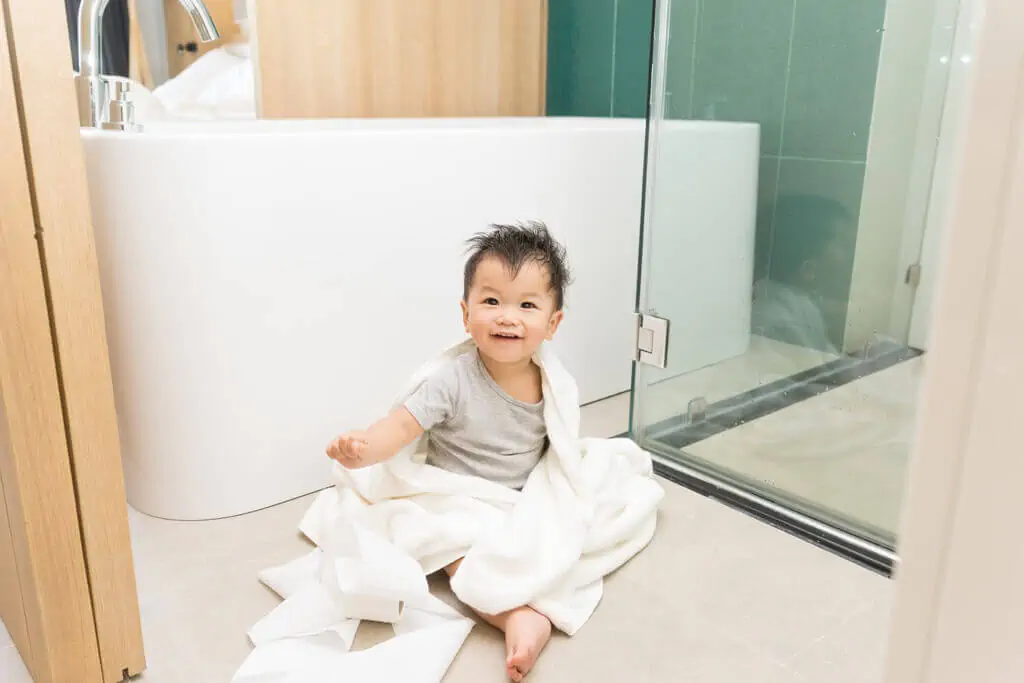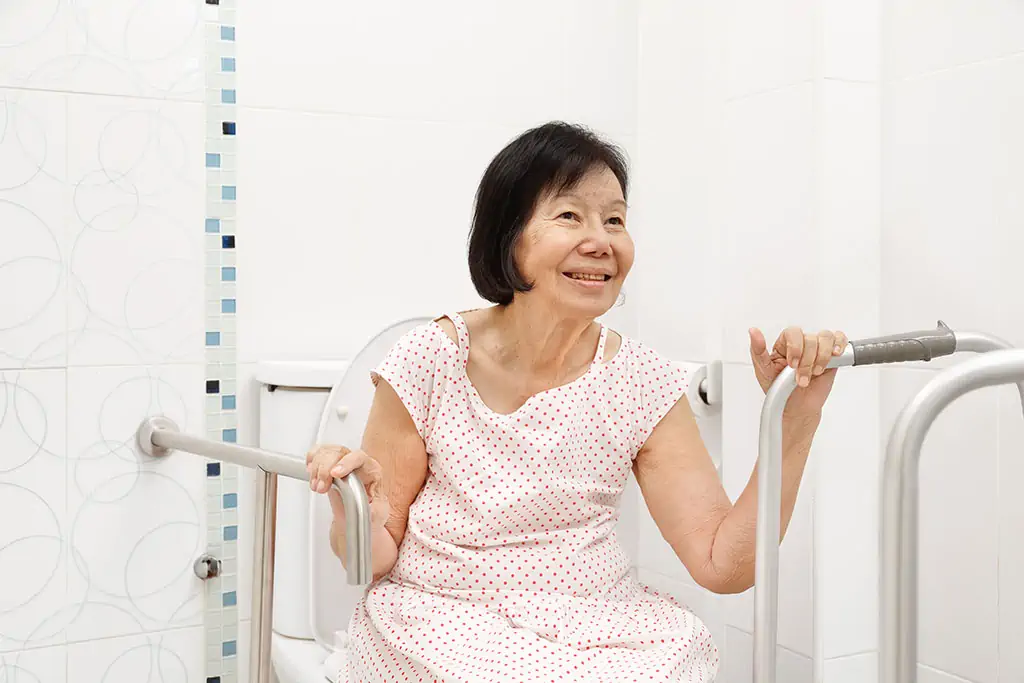As soon the day ends, no matter what age, everyone goes back into their comfortable space to decompress and the bedroom is one of those places everyone heads back to. It’s natural to just relax.
Some people find themselves even doing some of their work there and never leaving the room. Because of this, the bedroom became an integral part of one’s lifestyle and it is important to make sure that every nook and cranny of the room is safe. What better way to relax than knowing that bedroom safety is displayed in your comfort zone.
If you’re a little bit lost as to how exactly you can safe proof your room as well as theirs, check out this bedroom safety tips based on one’s age:
Infants (0-1-year-old)
Just because babies couldn’t walk yet doesn’t mean that they can just be placed in any room. Having an infant safe home is crucial and will put any parent’s mind at ease. The rooms they sleep in should be a lot more safe and comfortable.
- Make sure the crib is sturdy.
Babies tend to move around a lot, so make sure the crib is sturdy and stable enough for any ruckus here and there.
- Don’t fill the crib with too many pillows or toys.
We want our baby beds to be soft, but having too many pillows may cause your baby to suffocate with all the fluff going on.
- Baby monitors should be away from the crib.
As much as you want to hear the baby’s sounds, keep about 1-2 centimeters away from the crib, just to be safe.
- Windows should not have any covers involving cords or strings or ropes.
Avoid any tangles or mishaps; don’t use strings or ropes for your windows.
- No toys that are meant for over one-year-old in the room.
To keep the infant safe in the bedroom, don’t place any big boy toys just yet. Bring them back to the proper age.
- Make sure you cover your floors.
Having mats for crawling and exploring is the perfect way to cover your floors and keep any accidents at bay.
Toddlers (2-5 years old)
Your baby at this age has probably learned how to walk, which means that anything at this point in time, they will try to reach out to. Toddlers during these times are very curious; they like to see, smell, taste, and touch different things. This is why their room needs safe-proofing.
- Always remember to have your electrical outlets covered.
This is the age of exploration but make sure they’re safe from any possible electrocutions.
- Cover any sharp edges.
Toddlers might not have the hang of walking just yet. Cover sharp edges because you never know what they might bump into.
- Don’t have any breakable items.
Avoid any further injury by keeping all breakable stuff and glass items away from a toddler’s bedroom.
- Remember to not have any items near the edges of shelves or tables.
Some toddlers play rough for their age, so don’t risk any falling items by keeping them as far from the edge as possible.
- Stowaway electrical cords.
Just like electrical outlets, you wouldn’t want any tangles happening any time soon.
- Install a mini-gate/fence to keep your baby from going into areas that might be dangerous to them.
For an extra toddler safety measure, create fences for them to know what areas are safe to play around and what is not.
Kids (6-12 years old)
Kids at this time could already understand basic concepts, procedures, and methods. So, if you teach them certain safety scenarios, they will be able to understand and not so easily get distracted as you teach them. Make sure to let them know the importance of having a kid-safe home. Also, take the time to explain safety instructions to your kids, and when doing so, use words they could easily understand. You can do a role-playing scenario to demonstrate to them these safety procedures so that this will be ingrained in their minds.
- Make sure you have emergency telephone numbers written on and stuck on the wall.
Kids at this age can most probably read, write, and operate a mobile device. Teach them how to call emergency numbers if there’s any trouble happening.
- Have safety guards for your windows.
Windows, especially condo windows, are not as safe as they appear
- Change their bed according to their size.
Your child is growing each year, and should their bed. Keep safe and comfy by adjusting their bed accordingly.
- Make sure doors don’t have locks yet.
As much these kids may want privacy at a young age, we never know what may happen if they’re alone in their bedroom. Best to be safe and not let them lock up by themselves.
Teens (13-19 years old)
Teenagers already know the term responsibility. Unlike kids, they’re young adults, which means they could be left at home alone.
Since they are young adults, you can just easily demonstrate to them safety procedures and they will understand it. They sometimes need constant reminding but nonetheless, they are able to fulfill their responsibilities especially when it comes to managing their own rooms.
- Make sure the electrical outlets are safe by having it checked at least once a month.
Teenagers use multiple gadgets, sometimes even all at once. Make sure to check on their outlets to see if they left any chargers or maybe even damaged outlets.
- Make sure the flooring doesn’t have any rough/sharp surface.
Even though they’re adults, a rough or sharp surface can still cause unforeseen injury.
- Dust your window curtains on a daily basis.
Whether your teens have allergies or not, proper dusting avoids the accumulation of dust.
- Heavy items should be on the lower shelves.
Teens own their own stuff but make sure to keep the heavy ones near the ground to avoid any hard fall or injury.
Adults
You can’t be too sure sometimes, and when it comes to different situations, even as an adult you still have to be careful and safe-proofing your room is no exception
Following general home safety procedures is important to put your mind at ease. It’s imperative to remember that safety is always a priority even in the comfort of your own home because you can never be too sure.
- Have different compartments available to keep your items.
It’s as simple as not placing your lotion in the same compartment as your electronics. Have a designated compartment for each group of items you have.
- Make sure the room is well lit.
Good lighting can help you see and navigate through your bedroom properly. No more unnecessary tripping into one of your shoes!
- Replace any bedroom appliance that has damaged cords.
You can DIY those broken wires with electrical tape, or you can bring them to a technician for a quick fix.
Seniors (60 years and above)
Home safety for elderly adults is just as important as having a kid-safe home. Senior citizens don't have the same agility as they once did. It is important that as they move around their room, they are safe to avoid any unnecessary accidents that might be detrimental to their current health condition.
- Make sure their bed provides proper support.
Elderly people have special needs, especially when it comes to their health. Give them proper sleep by providing the right bedding support.
- Make sure the room has handles to help them walk.
If your elderly walks with a cane or is in a wheelchair, place grab bars for them to hold onto to avoid tripping and falling.
Overall, getting the habit of constantly checking your electrical systems, your flooring, corners of your room, edges of your furniture, and all the other aspects, allows you to develop a sense of awareness and cautiousness. You can be certain that every time you check your room, you will be able to maintain their good condition.

